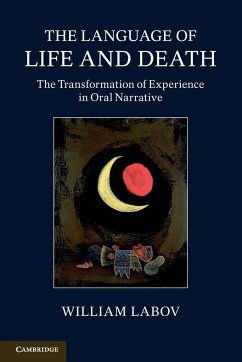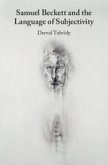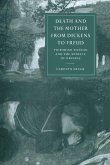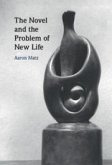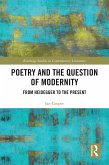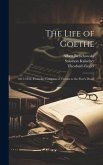We share the experience of others through the stories they tell of the crucial events in their lives. This book provides a rich range of narratives that grip the reader's attention together with an analysis of how it is done. While remaining true to the facts, narrators use linguistic devices to present themselves in the best possible light and change the listener's perception of who is to blame for what has occurred. William Labov extends his widely used framework for narrative analysis to matters of greatest human concern: the danger of death, violence, premonitions and large-scale community conflicts. The book also examines traditional epic and historical texts, from Herodotus and the Old Testament to Macaulay, showing how these literary genres draw upon the techniques of personal narratives. Not only relevant to students of narratology, discourse and sociolinguistics, this book will be rewarding reading for anyone interested in the human condition.
Hinweis: Dieser Artikel kann nur an eine deutsche Lieferadresse ausgeliefert werden.
Hinweis: Dieser Artikel kann nur an eine deutsche Lieferadresse ausgeliefert werden.

